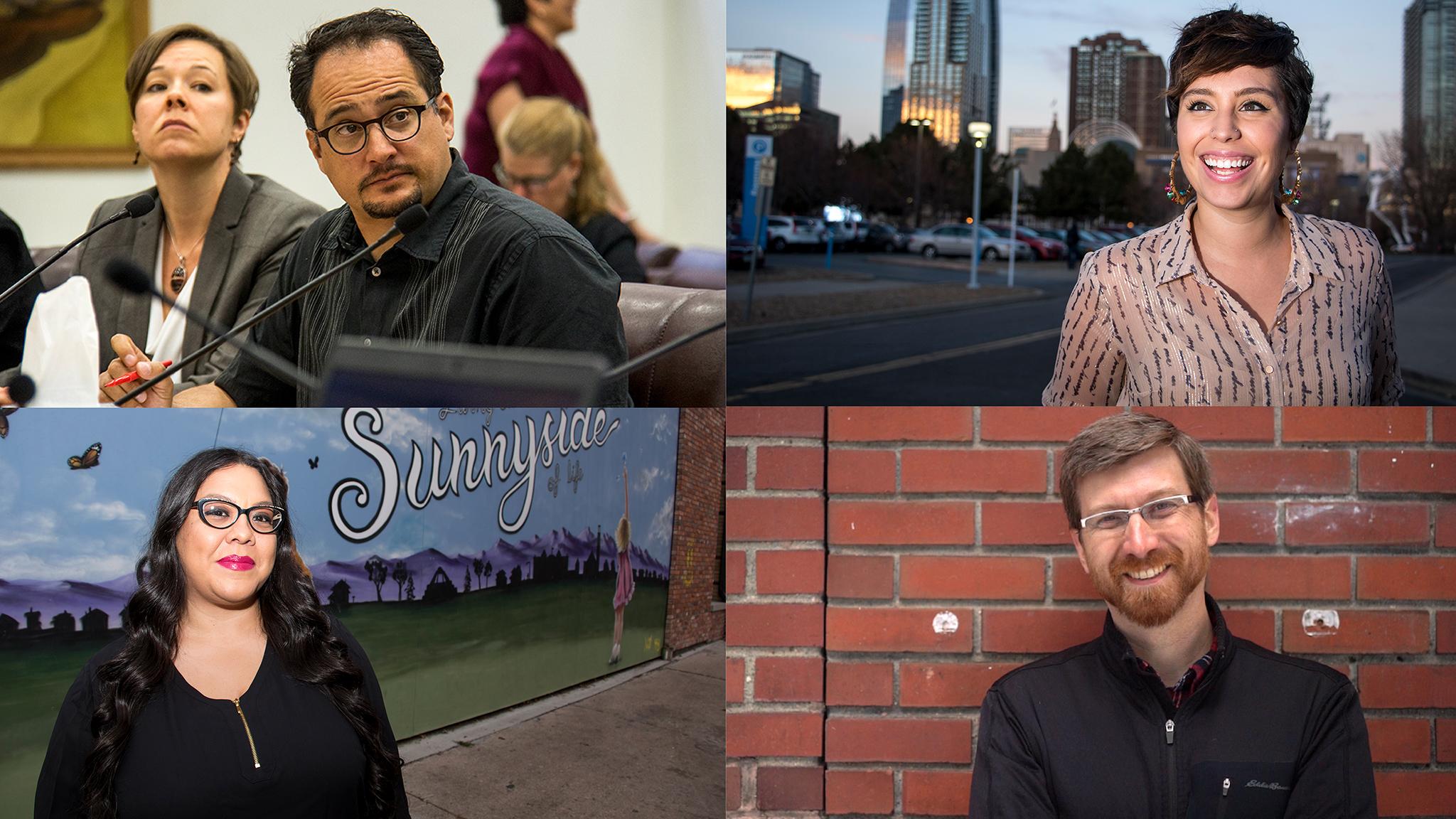Update: Councilman Rafael Espinoza has suspended his campaign.
The municipal election is coming.
We've got you covered on who's joined the race for Denver's mayor so far and the issues city voters might see on the ballot in May's municipal election. But more than 40 people have registered to run for 13 city council seats as this is being published, and you'll want to familiarize yourself with them, too.
So we'll start at the beginning -- District 1, which covers the northwest corner of Denver. City Councilman Rafael Espinoza holds the seat. So far, four people are challenging him.
Victoria Aguilar
Victoria Aguilar says she's never not lived in District 1, so it's fair to say she knows the turf pretty well. The Regis resident is a Denver Human Services employee specializes in immigrant and refugee services and chairs Denver's Immigrant and Refugee Commission.
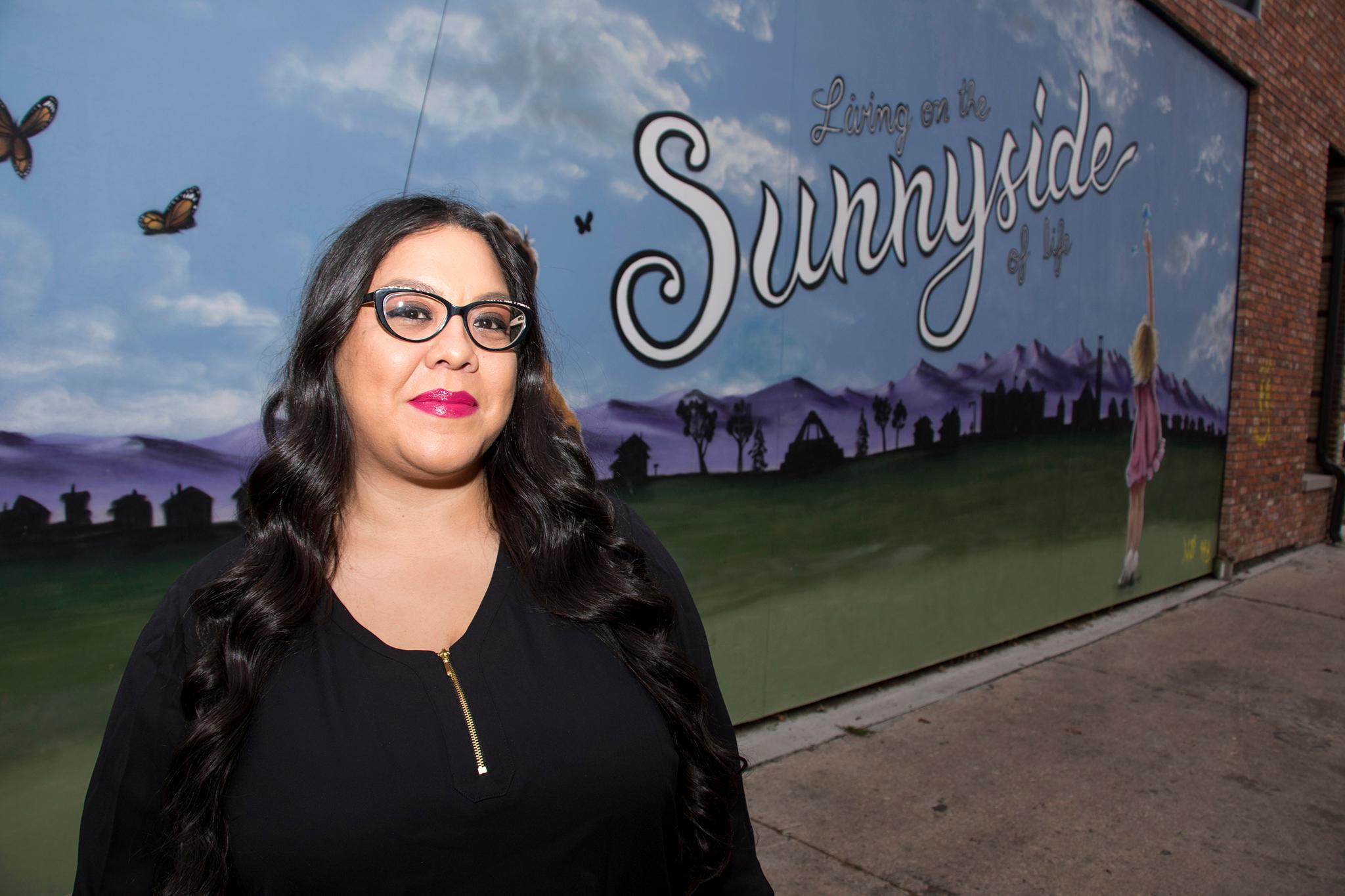
Aguilar was raised with a mentality of community service, she says -- her parents founded Iglesia Cristiana Maranta, a faith-based nonprofit that helps people get job training, food vouchers and emergency housing.
The 34-year-old has a unique view from the front lines of the city's human services department.
"My work has led me to identify gaps in city services," Aguilar said. "I feel like running for office is really going to let me address these gaps." Denverites get held back with employment and education when they cannot access behavioral and mental health services, she says. That's a gap she wants to close with "systematic and intentional approaches" to connect the public health, mental health and urban planning sectors.
Like every other candidate in this race, Aguilar says she will focus on creating and preserving housing for the middle class and lower income residents. If elected, she would try to bake affordable housing requirements into new development and create an incentive fund to help longtime homeowners stay put, whether they need a little help fixing a roof or paying rising property taxes.
Aguilar said she would work to expand accessory dwelling units, also known as granny flats -- little homes built on the property of bigger homes. Owners can rent them to supplement their income and stay put if they're in danger of getting priced out. Meanwhile, ADUs add affordable rental options to the housing stock. She said it's "unrealistic" to say new buildings aren't going to rise on the north side, so she might as well find solutions.
"I feel like this district at this time we need someone who can work and get along with and everyone," Aguilar said. "The city needs to put aside any political loyalty and really just focus on the people... to get things done."
The candidate said she would focus on creating a more inclusive physical environment in District 1 -- simple things that enhance the public space, like benches and gardens that enhance social interaction.
City Councilman Rafael Espinoza
The incumbent Rafael Espinoza fashions himself as a watchdog of the Hancock administration, which he tries to push in the direction of his priorities whenever possible. The councilman who describes himself as "honest to a fault" has held the District 1 seat since 2015.
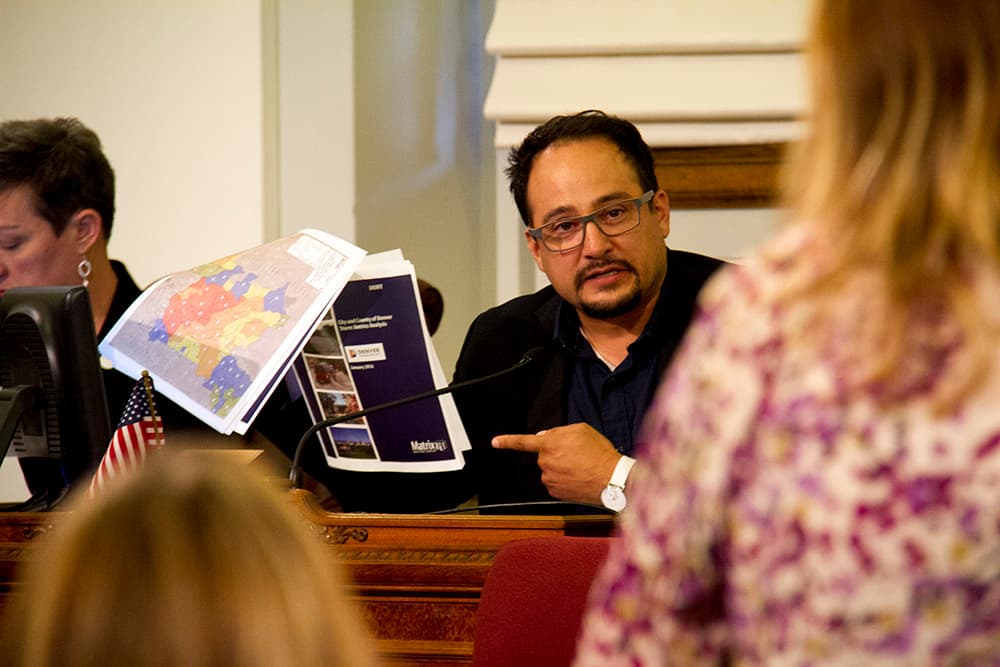
Espinoza will rely on his record, he said, to make his case for reelection. He's claiming wins on affordable housing, changes to building design rules, banning bump stocks and laying the groundwork for responsible development of the neighborhood-to-be known as River Mile in the Central Platte Valley.
The councilman said in an interview that the city's affordable housing fund would not have reached $30 million without his push to find more and new funding streams. But he's still not satisfied. Espinoza wants developers to contribute more money through required "linkage" fees, instead of property taxes and marijuana taxes.
"Our linkage fees have always been pathetically low," Espinoza said.
Banning slot homes, which some people think are ugly and detract from the visual appeal of streets, is another victory claimed by the 46-year-old Jefferson Park resident. He's also proud of guiding standards for the River Mile proposal -- a massive new neighborhood being planned near Elitch Gardens that he says will have "the deepest affordability requirement and ask" of developers, plus super walkable and bikable streets.
"I'm really focused on the work that I'm doing so I don't want to take too much time from that work when I'm this far out from the election," Espinoza said. "I am thoroughly enjoying the outcomes that I am getting."
Also of note: Espinoza has tried to sue the Hancock administration over the City Park Golf Course flood mitigation project tied to the I-70 widening and called for the mayor's office to launch an investigation into sexual texts Mayor Michael Hancock sent to a subordinate.
"I will continue to hold this administration and other administration accountable," Espinoza said.
Raven Porteous
"The voice for the Latino population" is how Raven Porteous frames her run for city council. The 27-year-old works as a restorative justice coordinator at North High School, where she works with students to help improve educational outcomes. She's also a graduate student at the University of Colorado Denver, where she studies administrative leadership and policy.
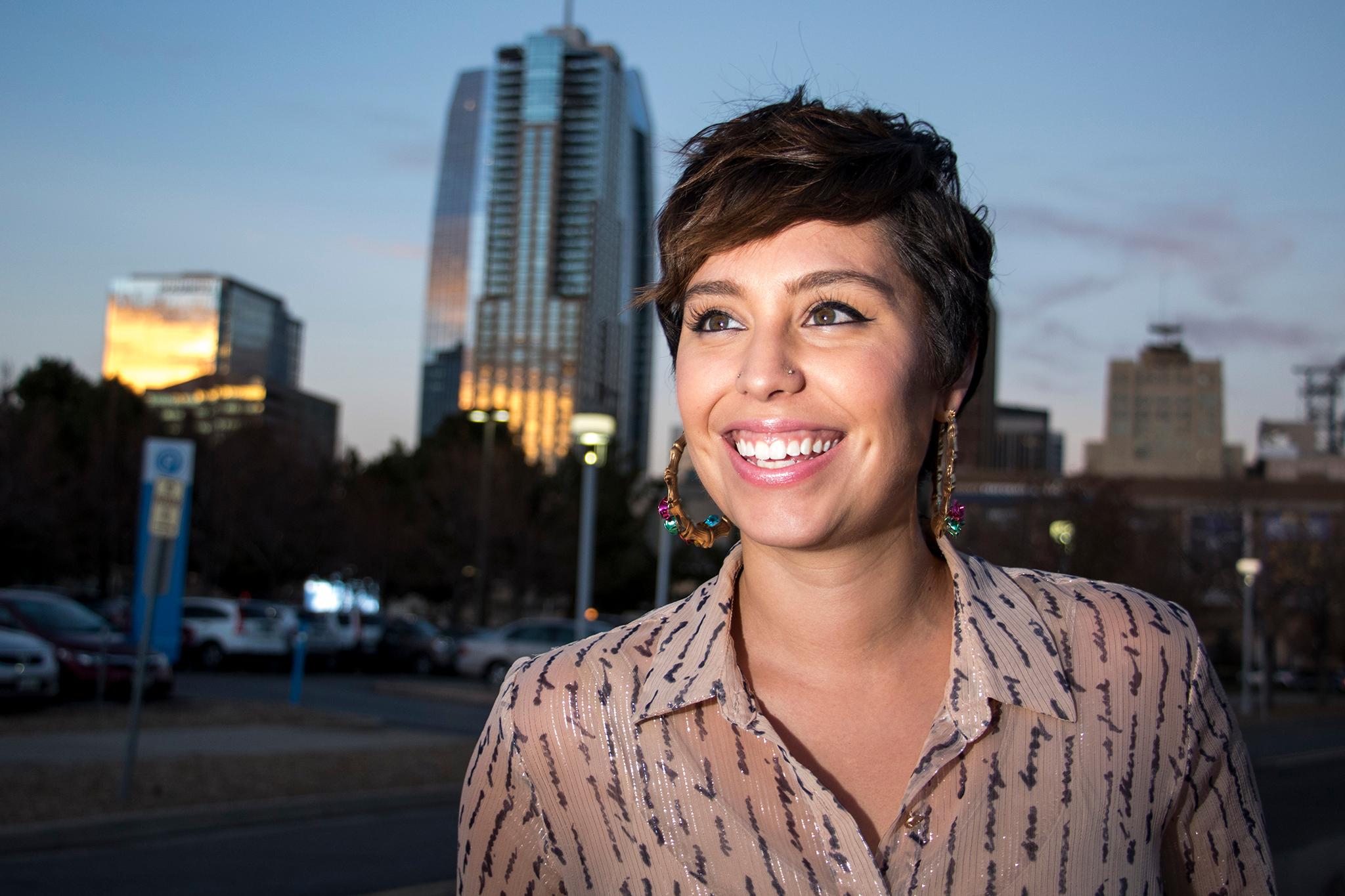
"I decided to run because I feel like the Latino voice on the Northside is getting snuffed out," Porteous said. "Working with Northside families, I'm seeing them complain about gentrification. I feel like right now they're not being heard and they need to have more avenues for that."
Porteous wants a more equitable path to home ownership, though she's still developing the specifics of her housing platform, she said. Same with curbing homelessness does support the "right to rest" -- the ability for people experiencing homeless to shelter themselves and sleep in public.
"Public areas should be used to help the homeless but I'm against all the trash and if the crime rates go up," Porteous said. "There definitely needs to be a team effort to figure out how they're landing in that situation. Their survival is the number one things that we're working for, and we should open up more shelters."
She also wants the city to take a more active role in the public school system. She works in the systems and thinks choice enrollment is another way of segregating schools, "with no one going to their home schools anymore."
Schools with majority minority populations tend to be underfunded, Porteous said, resulting in fewer afternoon activities and other benefits. She pointed to Lincoln High, a mostly Latino which she says struggles with funding.
"You can have a bigger voice in the policy decisions that are being made in Denver Public Schools," Porteous said.
Her platform will take a more solid shape as she goes door to door and talks to district residents, she said.
David Sabados
David Sabados wants you to know he's a renter. That worldview is central to his identity as a candidate for Denver City Council's District 1.
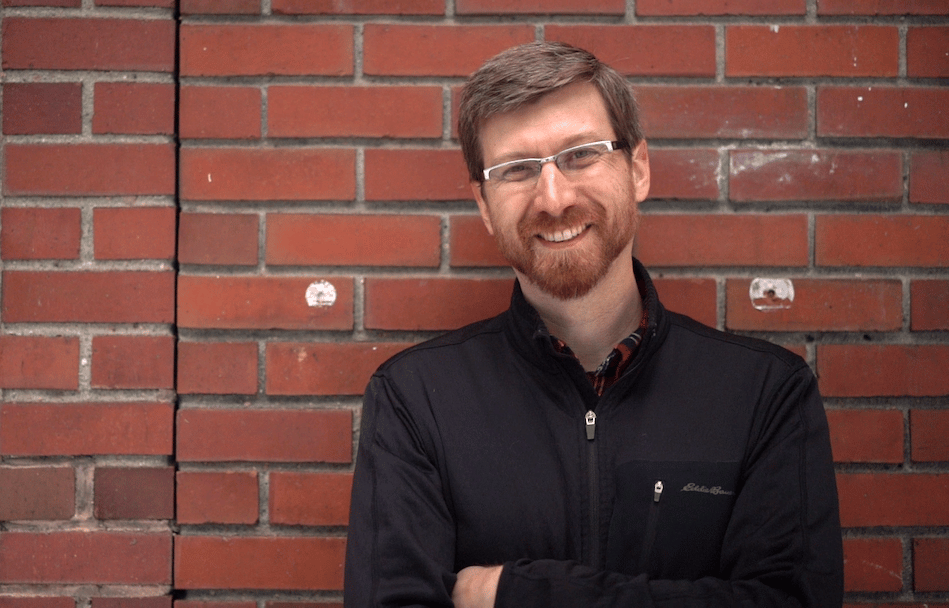
Renters are a huge constituency. About half of city residents rent homes, according to city documents. Sabados, a political and nonprofit consultant at Compass Strategy Group, says they're marginalized.
"It's a needed voice on council," Sabados said in an interview. "I think renters face a lot of different issues than homeowners. And sometimes it's hard for well-intentioned people making policy to understand the challenges renters face if it's not the same challenges that they've tried to go through themselves."
Sabados, 36, says he wants to create protections from predatory landlords who try to make tenants pay non-refundable deposits and give short notice before selling a house, leaving renters in a lurch (both of these things have happened to him). Homeowners tend to have a louder voice through registered neighborhood organizations, too, Sabados said, who have different concerns.
The other leg of his housing platform has to do with accessory dwelling units -- the little homes built on the property of bigger homes. Owners can rent them to supplement their income and stay put if they're in danger of getting priced out. Meanwhile, ADUs add affordable rental options to the housing stock and add density without adding tall buildings that face scrutiny from change-averse neighbors.
Denver's been talking about these flats for years. City staffers and nonprofits are working to streamline the process for residents, and the city's newest land use plan calls to allow them pretty much everywhere (they're largely banned now). Sabados said he's aware of the movement on this.
"I also know that getting it in a proposal is different than getting it passed and certainly if elected I would work to get that passed and implemented," Sabados said.
The candidate's other issues center on transit and transparency. He wants to see Denver take more control of the transit system by "buying up" service from the Regional Transportation District, like Boulder does with its Hop, Skip and Jump lines
"We can work with RTD, but they are the regional organization," he said. "But we need to look specifically at how we can be doing buy ups to create better mass transit within our own city. And I think ultimately if we can create those lines and use them, we can demonstrate ridership and make some of those lines financially sound."
Michael Somma also just filed to run.
A candidate named Michael Somma filed papers to enter the race Friday. He's a lieutenant in the Denver Fire Department, so he attended the Denver Board of Ethics meeting Wednesday to get advised on his ability to run, according to Michael Henry at the Denver Board of Ethics. He can run for office as a city employee, but is barred from using city resources for his campaign, the board said. If he is elected, he will retire, Henry said,

